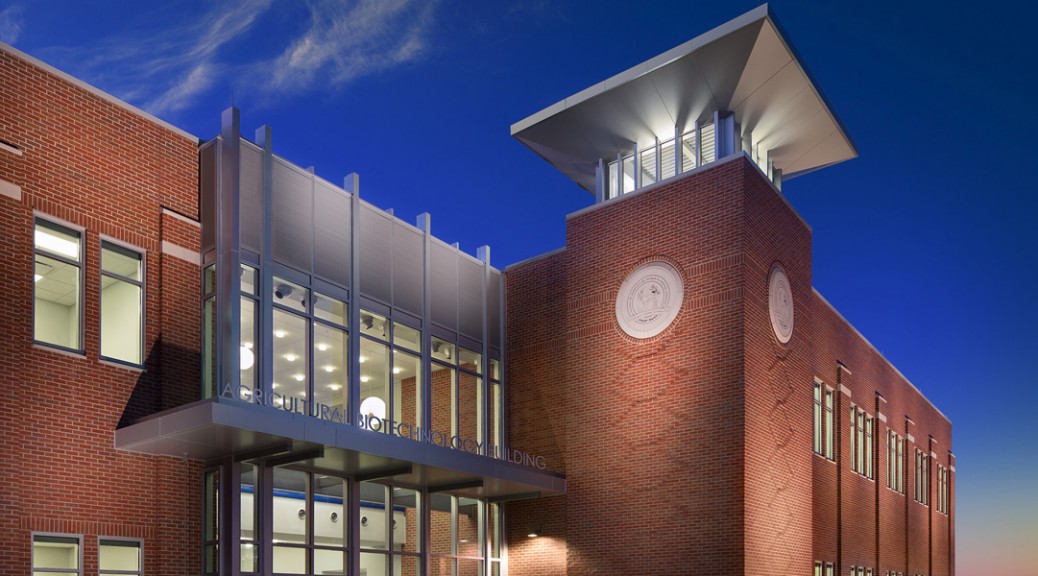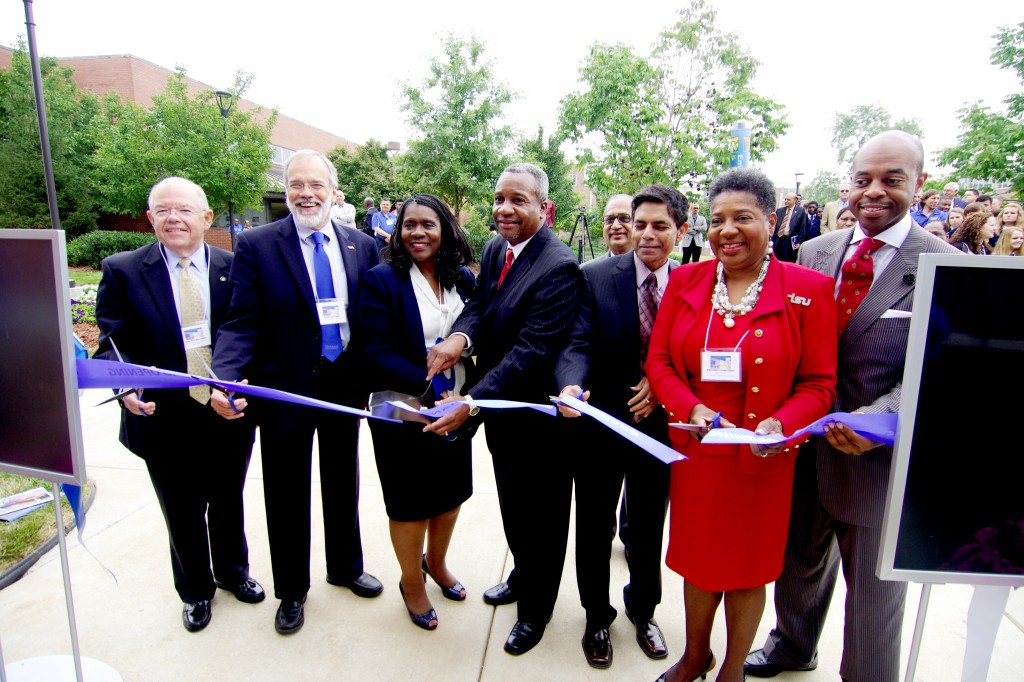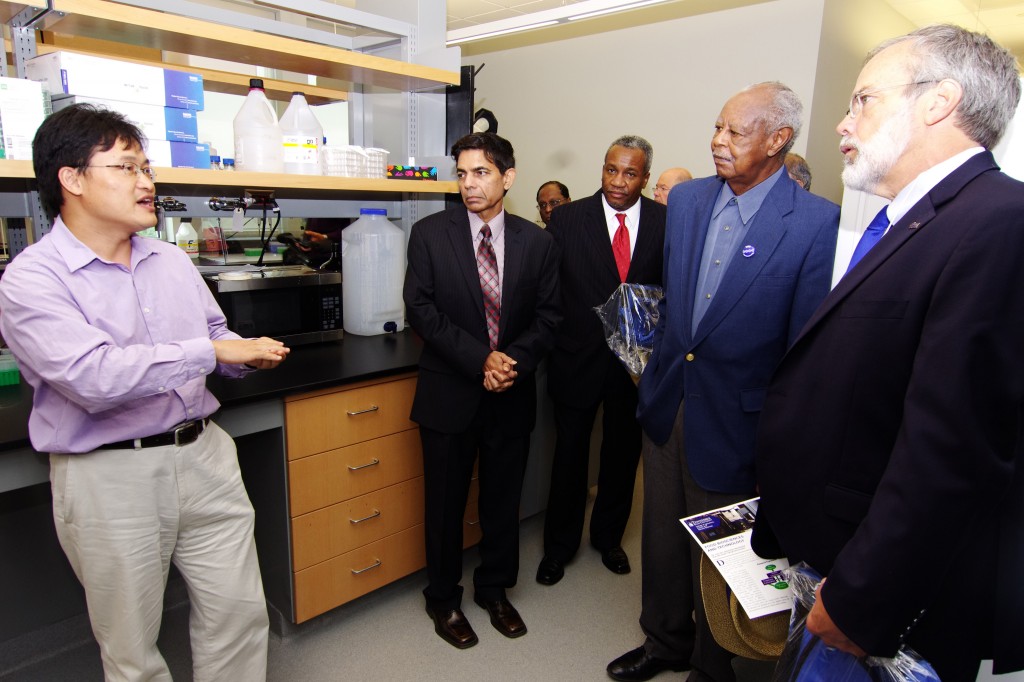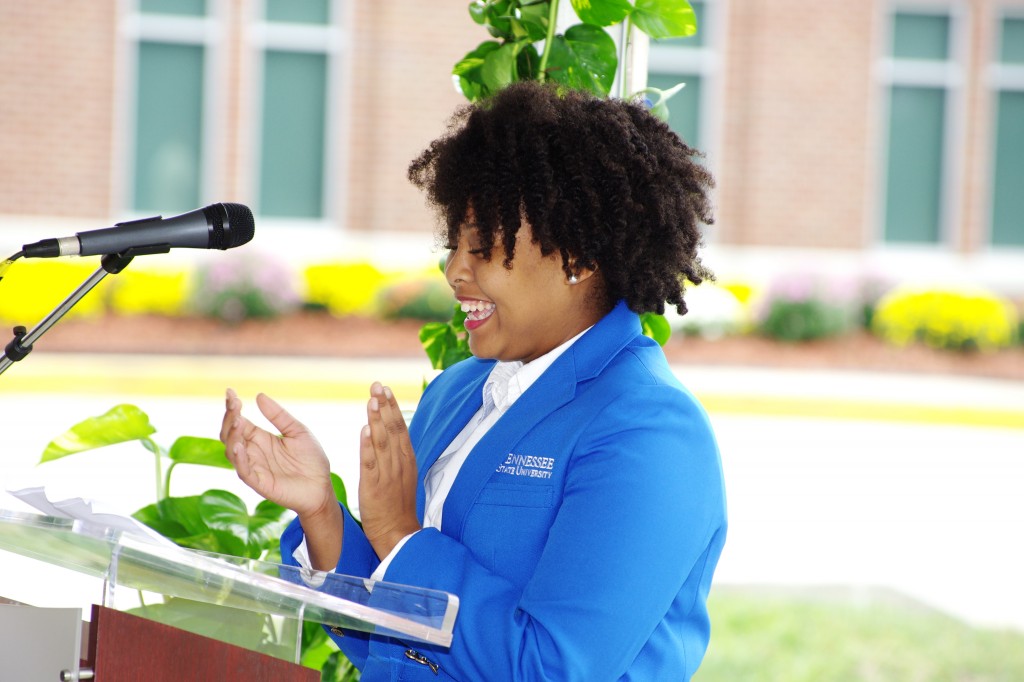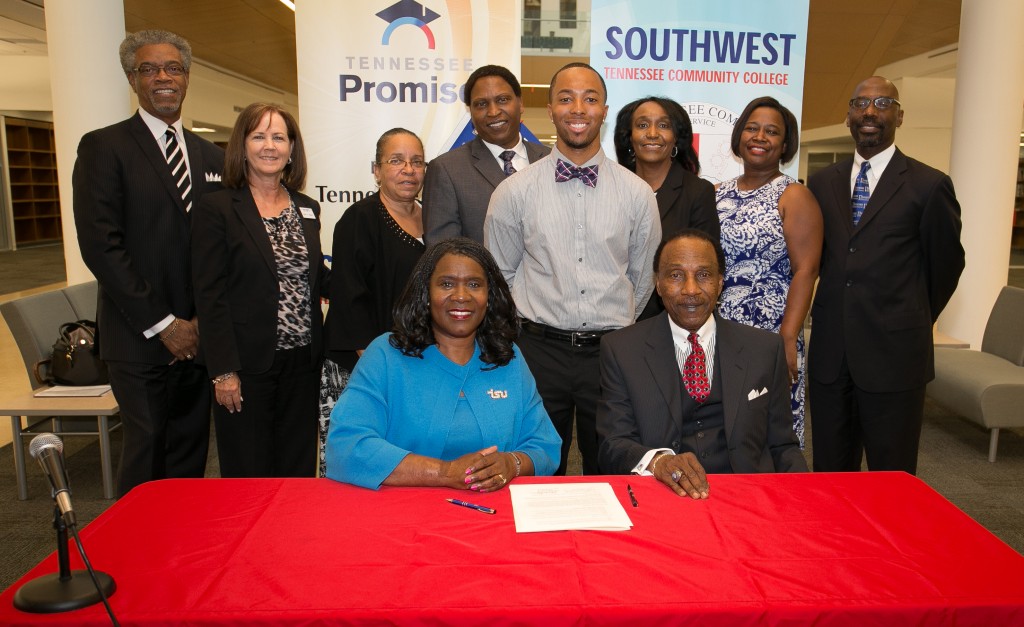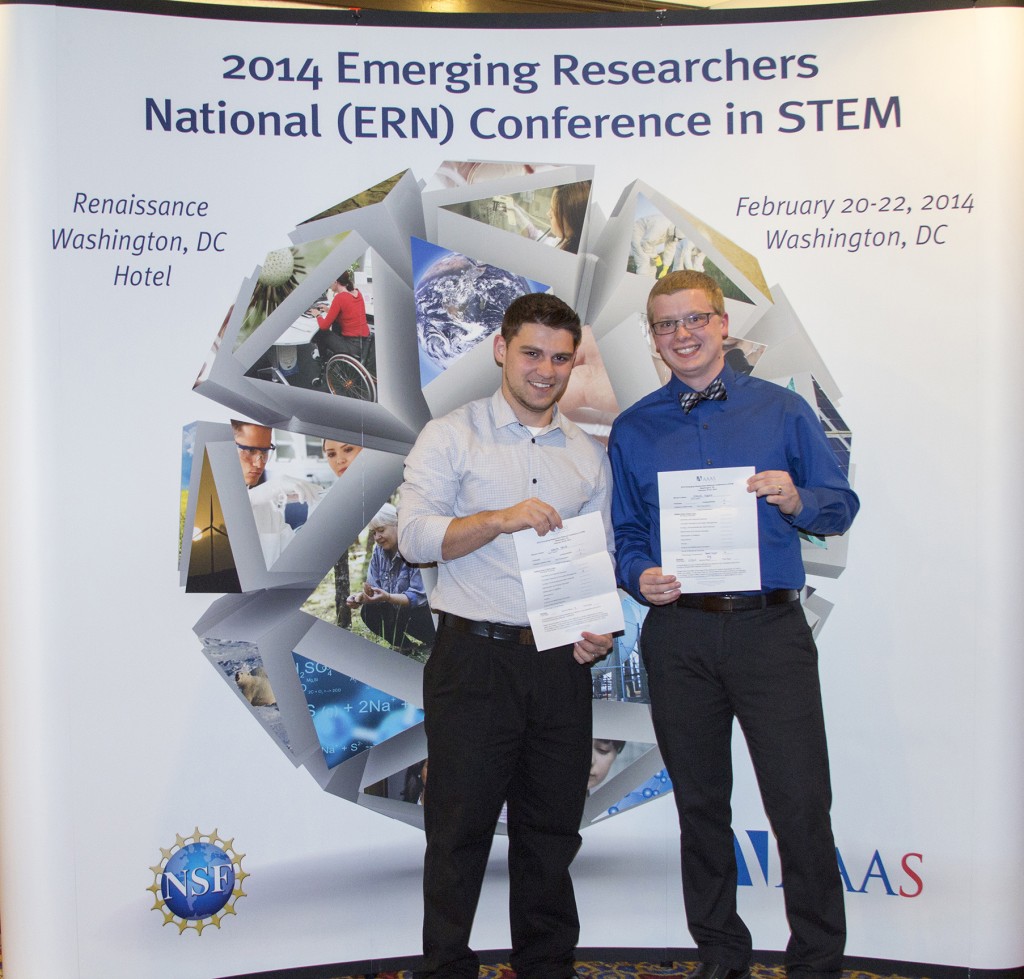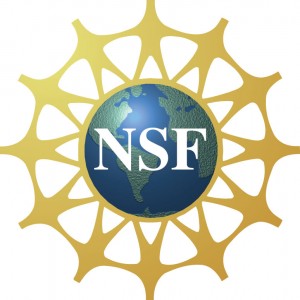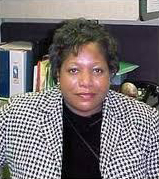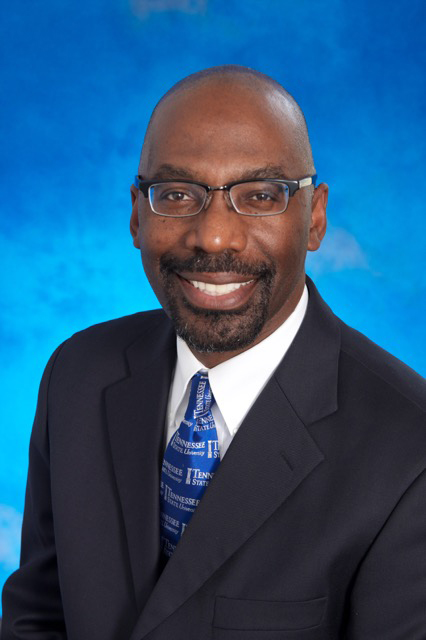 NASHVILLE, Tenn. (TSU News Service) – A professor from Tennessee State University has co-authored a book aimed at helping minority faculty members succeed during their academic career at higher-education institutions while offering useful strategies for recruiting, retaining and advancing women and minorities.
NASHVILLE, Tenn. (TSU News Service) – A professor from Tennessee State University has co-authored a book aimed at helping minority faculty members succeed during their academic career at higher-education institutions while offering useful strategies for recruiting, retaining and advancing women and minorities.
Dr. S. Keith Hargrove, dean of the College of Engineering, and Dr. Pauline Mosley, associate professor of Information Technology at Pace University, collaborated for nearly 10 years on their book, Navigating Academia: A Guide for Women and Minority STEM Faculty, because, according to Hargrove, the need for minority faculty and their success in academia is “critical.”
 Navigating Academia: A Guide for Women and Minority STEM Faculty explores the infrastructure of the academy and provides a systematic account of where and why women and minorities fall behind men in the preparation for and development of their academic careers. The book includes testimonials from faculty and administrators about how they made their ascent within the academy.
Navigating Academia: A Guide for Women and Minority STEM Faculty explores the infrastructure of the academy and provides a systematic account of where and why women and minorities fall behind men in the preparation for and development of their academic careers. The book includes testimonials from faculty and administrators about how they made their ascent within the academy.
“There is a great need right now for minority faculty in institutions across the country,” said Hargrove. “Minorities currently represent 5 percent of faculty members, and their presence and success in navigating the career pathway is important for attracting and increasing the pipeline of new faculty. It is also important for the workforce of the nation.”
Hargrove knows all too well the difficulty some minority faculty may have navigating their career path. Having been in academia for nearly two decades, he has drawn on his own experience as a starting point. He has risen through the ranks from associate professor to dean of the College, as well as work as a research engineer at three major research laboratories and universities.
“I’ve been mentored by many individuals throughout my industrial and academic career, and my achievements are not mine alone,” he added. “They were the result of many supporters and advocates within my social network of personal and professional colleagues that have provided great experiences. Now I am able to share some of what I learned and help others be successful.”
Over the last five years, Hargrove has compiled some of his experiences with other colleagues to published the book which provides insight and reflections on how to succeed in academia for women and minority STEM (science, technology, engineering, mathematics) faculty.
“After taking leadership roles in engineering education, I’ve tried to continue the same level of mentoring I did with students only now with faculty members,” said Hargrove. “Of course I am no expert, but I’ve tried to help the minority STEM faculty navigate outreach activities, research and strategies to become a better instructor. I hope my experiences can help other faculty members achieve their personal and career goals.”
Hargrove’s book also discusses how to modify and expand faculty-recruiting programs, how to diversify search committees, how to encourage intervention by deans, and how to assess past hiring efforts. This guide is an important resource for women and minorities seeking success in the academy as well as for administrators focused on faculty and professional development.
And what does Hargrove hope readers take away from the book?
“I think this is an opportunity for the reader to better understand the academic career pathway, learn from the experiences of others, and develop their own pathway for success in the academy,” Hargrove said. “Each of us is responsible for our own success…and I believe this publication can help make that process more achievable.”
RELATED Stories
TSU Names Dr. Michael Freeman as New VP for Student Affairs
TSU Staffer Graduates from FEMA’S Emergency Management Institute
Tennessee State University
3500 John Merritt Boulevard
Nashville, Tennessee 37209
615.963.5331
About Tennessee State University
With more than 9,000 students, Tennessee State University is Nashville’s only public university, and is a comprehensive, urban, co-educational, land-grant university offering 42 undergraduate, 24 graduate and seven doctoral programs. TSU has earned a top 20 ranking for Historically Black Colleges and Universities according to U.S. News and World Report, and rated as one of the top universities in the country by Washington Monthly for social mobility, research and community service. Founded in 1912, Tennessee State University celebrated 100 years in Nashville during 2012. Visit the University online at tnstate.edu.
